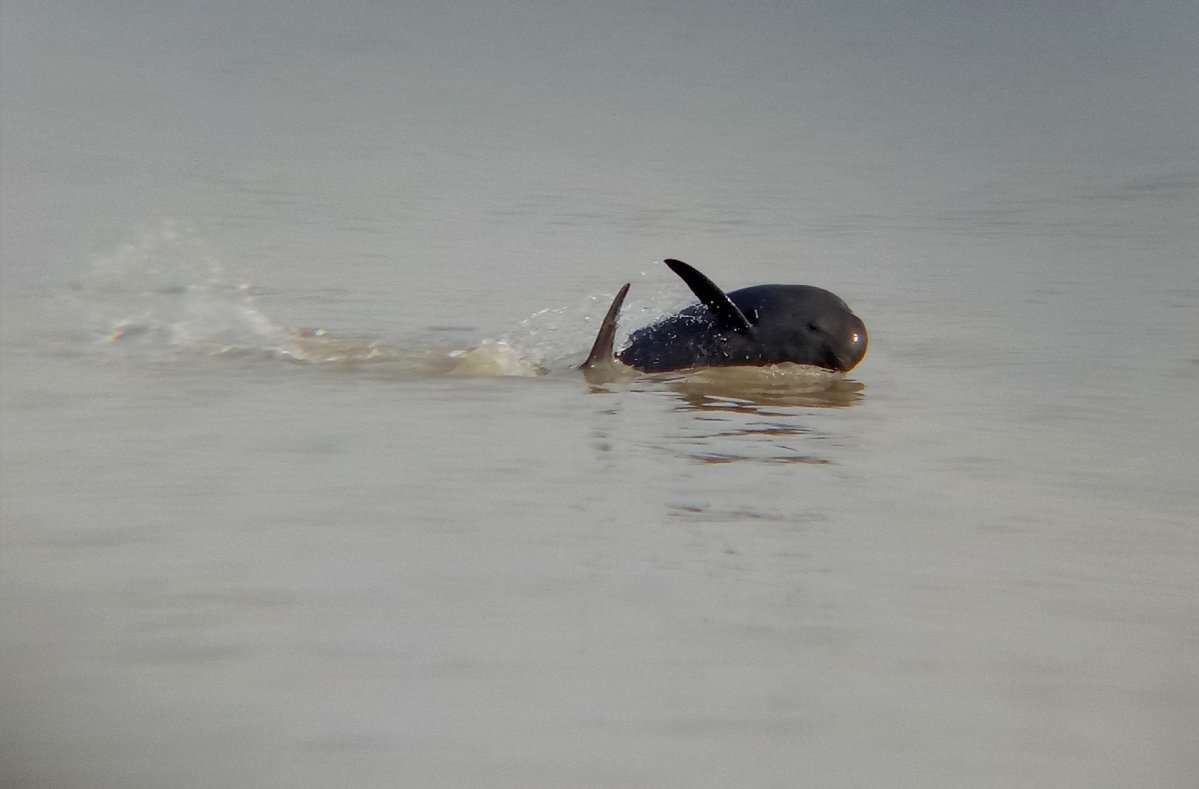Fishing to be banned on Yangtze River and tributaries by 2020
By Wang Keju | China Daily | Updated: 2018-10-18 08:55

Fishing to be banned on Yangtze River and tributaries by 2020
The State Council, China's Cabinet, has issued a guideline to strengthen the protection of aquatic organisms in the Yangtze River that includes a year-round ban on all fishing in the river by 2020.
Yu Kangzhen, vice-minister of agriculture and rural affairs, said on Wednesday the guideline is aimed at increasing the diversity of aquatic organism species, aiding the recovery of fish resources, and improving the living environment of aquatic organisms in the Yangtze.
According to the guideline, fishing, apart from fish farming, will be banned in the Yangtze and tributaries and lakes connected to it by 2020.
By 2035, the ecology of the Yangtze will be significantly improved; the habitats of aquatic organisms will be fully protected; aquatic resources will increase significantly; and its ecological functions will be effectively restored, the guideline said.
The guideline also said large amounts of fish fry are expected to be released into the river, with types and numbers chosen scientifically, to help replenish the river's aquatic stocks.
"It is strictly forbidden to release alien species, artificial hybrids or genetically modified species into the water to prevent invasion of alien species and pollution of germ plasm resources," said Ma Yi, director of the Fishery Supervision and Administration Office of the Yangtze River Basin.
Yu noted that, "The number of Yangtze finless porpoises has fallen sharply, and the current number is only half that of giant pandas."
The Zhenjiang Finless Porpoise Reserve in Jiangsu province is an important habitat for protecting the Yangtze finless porpoise, a severely endangered aquatic mammal. But an inspection by the Ministry of Ecology and Environment in June found 467 hectares of illegal agricultural cultivation and fisheries in the protected area, which damaged large areas of wetlands and harmed their ecological functions.
The guideline said it is important to enhance the protection of the Yangtze finless porpoise, and promote "off-site" conservation projects in the middle and lower reaches of the river. A gene bank of important aquatic species will also be built to strengthen genetic research on rare and endangered species. Genetic techniques to resurrect recently extinct aquatic organisms will also be encouraged.
Ma Jun, director of the Institute of Public and Environmental Affairs, said: "The Yangtze - the longest river in Asia - is an important economic lifeline for millions of Chinese people. Experience gained there can be of benefit in building an ecological environment in other places."
























